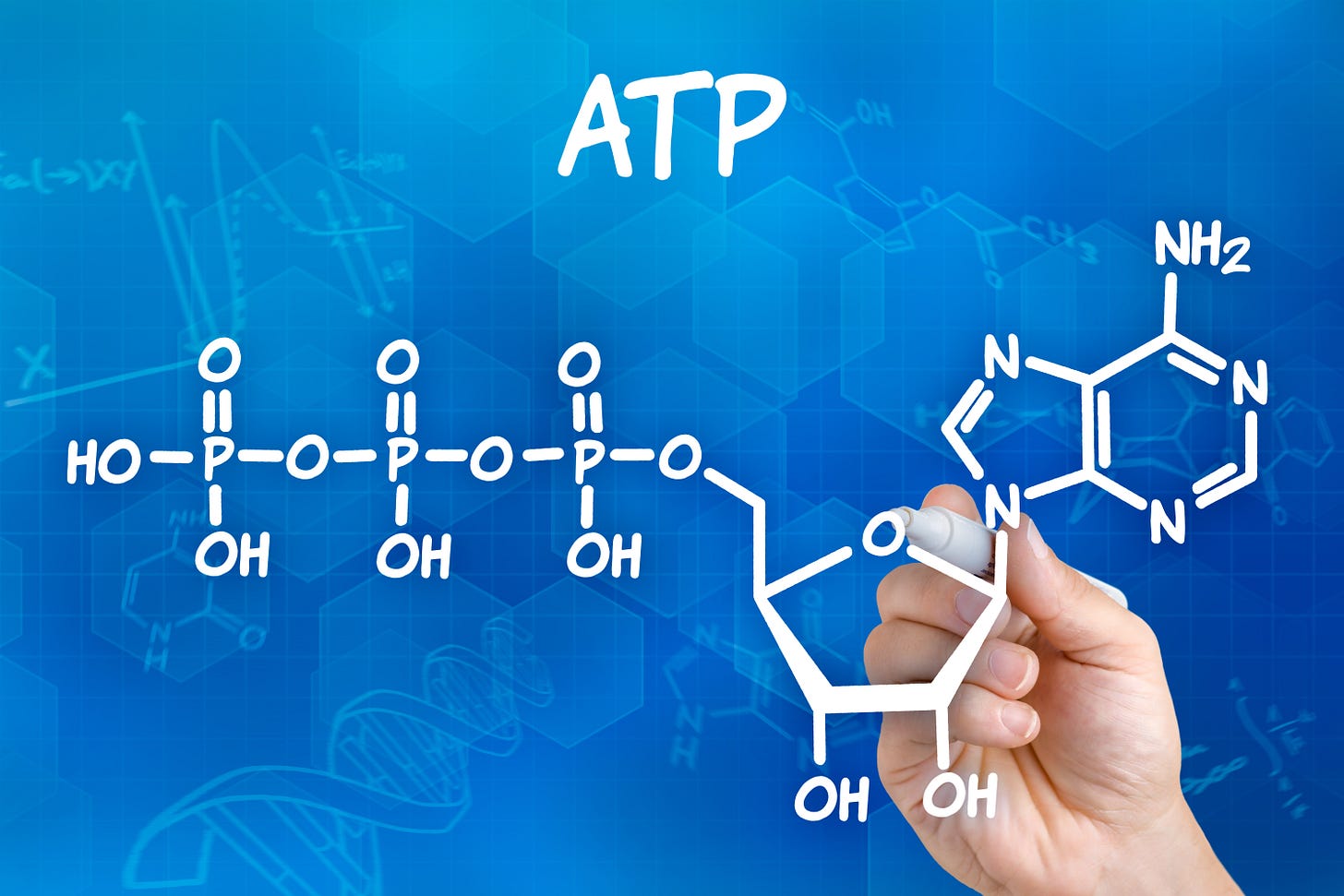Optimal Nutrition for Mitochondrial Energy Production
Optimal mitochondrial function is crucial for overall health and energy production within the body. Mitochondria are the powerhouses of our cells, responsible for generating ATP (adenosine triphosphate), the main source of cellular energy. Proper nutrition plays a vital role in supporting mitochondrial function, ensuring efficient energy production, and…



